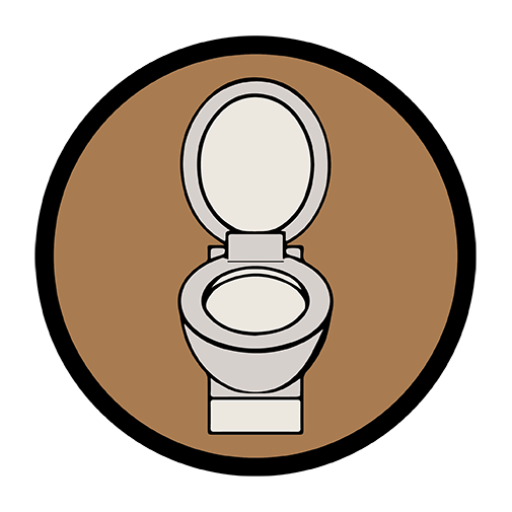How did animals evolve thanks to the most discussed part of the body?
The anus is often associated with a taboo, but it often marks an animal’s ability to digest more efficiently. The origin of the anus is a story about how animals evolved, diverged, and became sophisticated. That’s what Matt Walker from BBC Nature wrote.
A pair of Norwegian scientists recently published, in the journal Zoologischer Anzeiger, a paper titled “Getting to the bottom of anal evolution,” which is a study about the evolutionary and molecular development of the anus.
The study of anal evolution isn’t as straightforward as that of some other organs’ development. As Walker said, the appearance of the anus is linked to the evolution of the digestive system. That means there is a wide range of anuses in the world, just as there are different types of digestive processes.
Some animals with simple digestive tracks only have one opening in their body for both consumption and excretion. Simpler organisms instead have no digestive tract or anus at all, such as the tapeworm. Some other creatures even have a ‘transient’ anus, which may appear and disappear throughout an animal’s life. But it was also found that some animals had anuses and then evolved without them.
According to the study’s authors, two sets of genes are responsible for the origin of the anus: the brachyury and ParaHox genes. Nevertheless, the real origin of the organ is still a mystery. However, researchers do have a hypothesis: there might be a link between the development of the anus and the male gonopore, a sex-related structure used by many invertebrates.
The connection between the anus and sex organs could open new debates.
Source smithsonianmag.com

